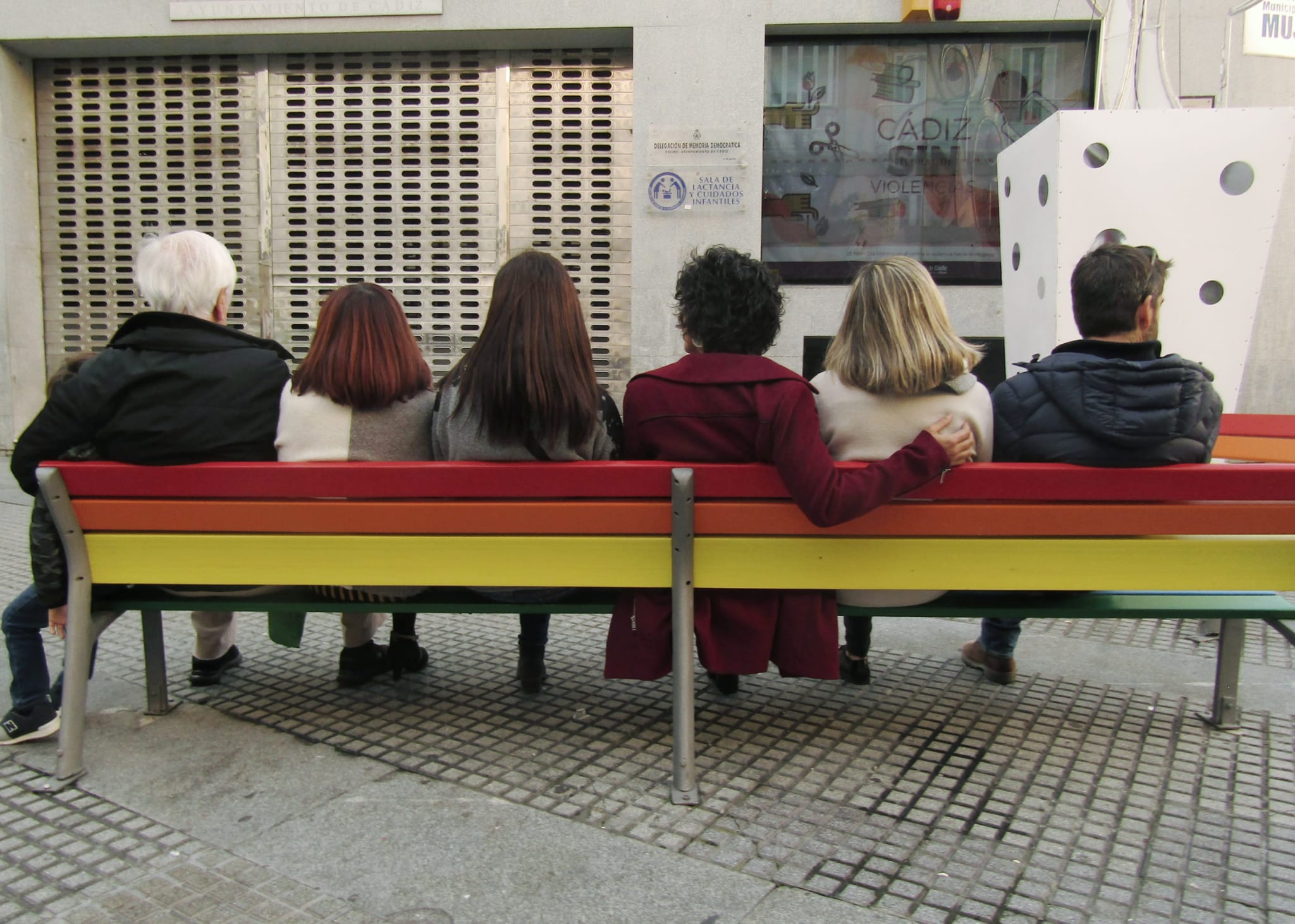If you haven’t heard it, I’ll tell you. Cádiz is famous for having “a lot of fairys”
And I won’t telling you it’s a lie, or it’s true. Because, apart from the fact that the phrase is full of hate and ignorance, the truth is, what does it matter if it is so?
Likewise, I find it curious to tell you the reason for this fame that Cádiz has. As in all stories and legends, there are a of true and a part of fiction. I will tell you certain versions, the majority without historical basis but wonderful because they demonstrate how modern and transgressive Cádiz has always been, a port of the sea and the cradle of freedom.
As I have already mentioned, Cádiz has been and still being a maritime city. Especially important during trade with the new Continent in the XVII century. It was during that time when one of the legends arose: It is said that it was from Cádiz where the boats loaded with prostitutes and homosexuals -probably only men, since at that time women and, obviously, their sexuality were invisible- who were deported to Americas. Apparently one of the boats was wrecked near the beach of La Caleta and the people of Cádiz immediately came to their help. Of course, both the prostitutes and homosexuals who were rescued stayed in the city living freely.
Another of the theories is also related to the sea and the rejection of people who did not “meet the norm”. This time we move to Franco dictatorship and its already known aversion to homosexuality. To escape the repression, LGBT people fled to the Canary Islands (also known for their open minds) from Cádiz. Until the time the ship sailed, they were seen openly in the streets.
The third theory arises with the military soldiers who were doing the military service in San Fernando. Those who were caught having sex with each other, were detained and imprisoned in the castle of San Sebastián in La Caleta, in the city of Cádiz.
And there is a fourth theory that throws these three to the ground. An article by the historian “Francisco Vázquez García” reveals the reason for “the Sarasas” in Cádiz relating it to a scandal and a national crisis. But I will tell you in another moment…



